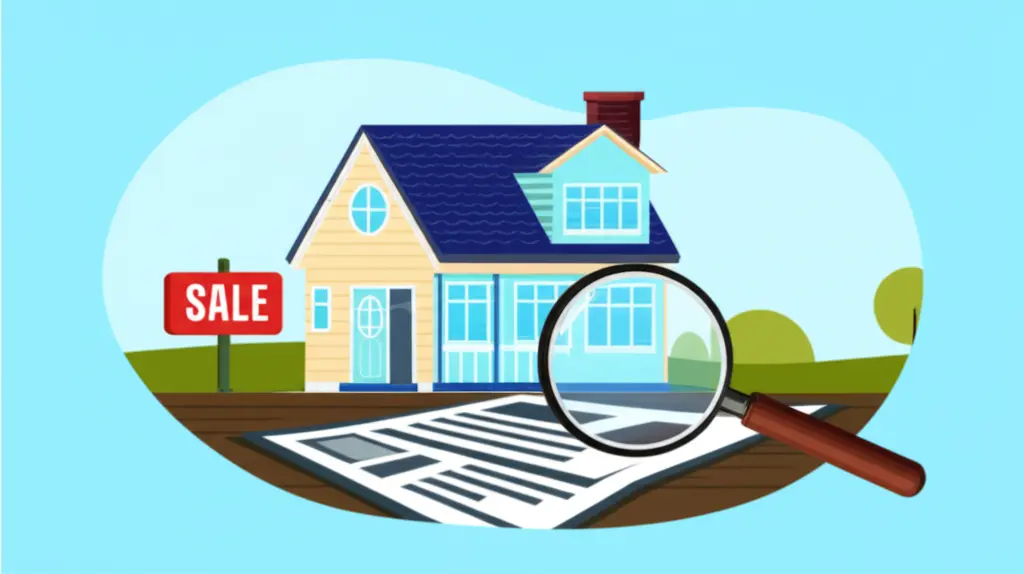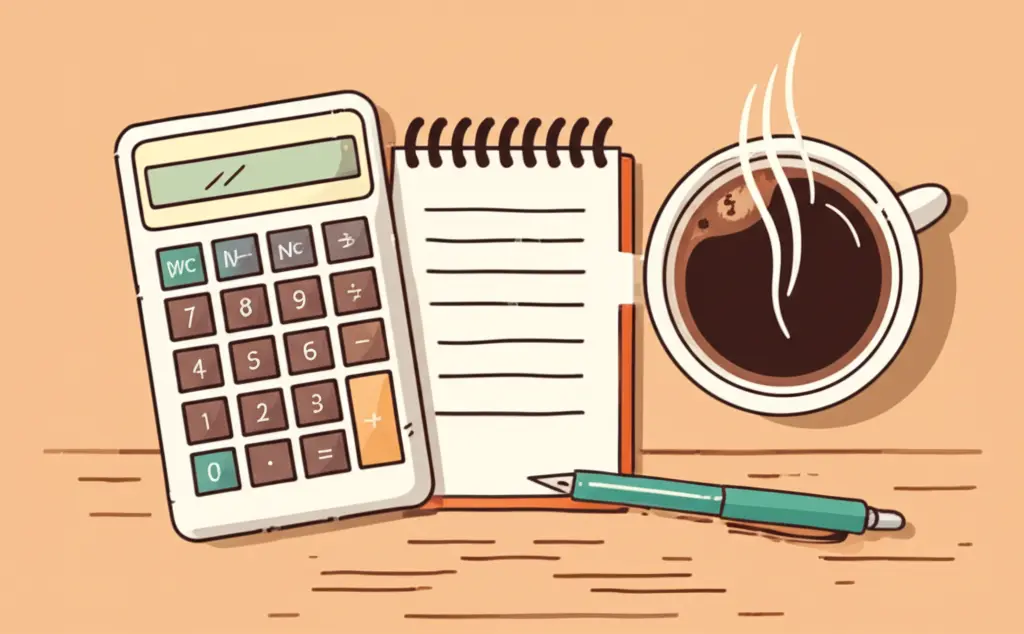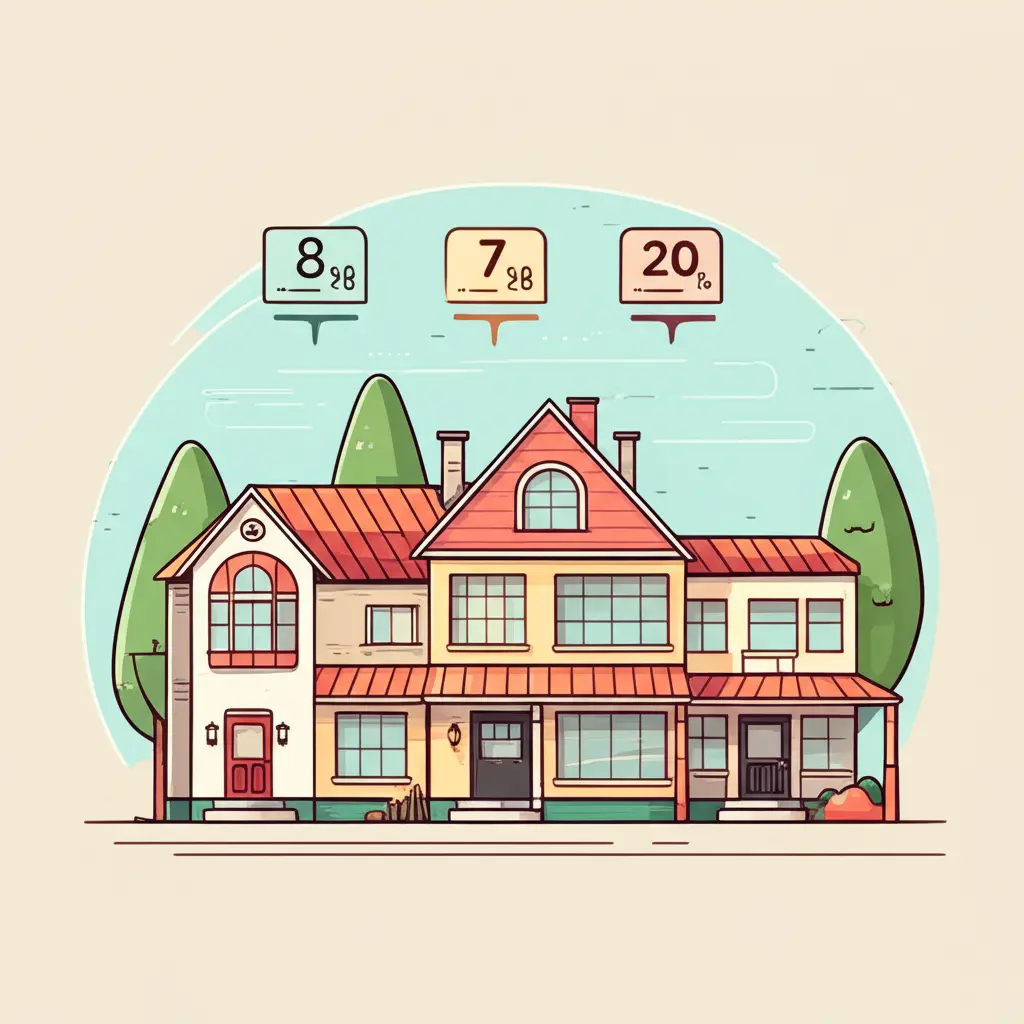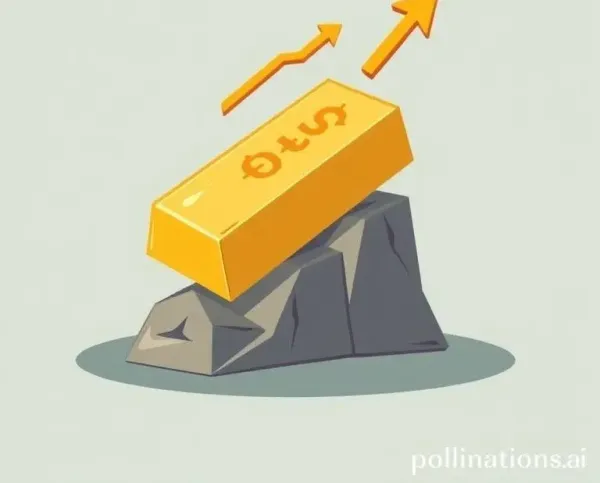Demystifying Mortgage Rates: What You Need to Know Before Buying a Home
Understanding mortgage rates can make home-buying simpler. Learn key insights and tips in this friendly guide.

Buying a home can feel like a daunting journey, especially when you're faced with the seemingly endless numbers and terms surrounding mortgage rates. If you're like me, you're probably wondering how to make sense of it all without losing your sanity (or your hard-earned cash). Let's dive into the fascinating world of mortgage rates together and uncover some key insights that'll help you make more confident decisions.
What's a Mortgage Rate, Anyway?
In the simplest terms, a mortgage rate is the interest rate charged on a mortgage. Understanding this rate can help you decide how much home you can realistically afford. It's a crucial element as it determines the total cost of borrowing over the life of the mortgage.

Why Do Mortgage Rates Fluctuate?
The rollercoaster ride of mortgage rates can be attributed to several factors, including the state of the economy, inflation, and even political events. When the economy is booming, rates tend to rise. Conversely, during economic downturns, they usually drop as part of broader monetary policies aimed at stimulating growth.
Fixed vs. Variable: Which Should You Choose?
When it comes to mortgages, you'll often hear about fixed and variable rates:
- Fixed Rate: Your interest rate stays the same throughout the term of your loan. This can provide peace of mind, knowing your monthly payments won't surprise you.
- Variable Rate: This rate can fluctuate, usually in line with the prime rate. While it might start lower than a fixed rate, it requires a tolerance for uncertainty in your future payments.

How to Get the Best Mortgage Rate?
Here are a few tips to secure a great rate:
Boost Your Credit Score
Your credit score plays a significant role in determining your mortgage rate. A higher score might earn you a lower rate, which, over the life of the loan, could save you thousands.
Consider Your Down Payment
A larger down payment usually means a lower interest rate because you're less risky to lenders. Aim for at least 20% if you can manage it.

Shop Around
Don't be shy to explore different lenders and get multiple quotes. This isn't the time for brand loyalty—it's about finding the best deal for you!
Final Thoughts: Making Informed Decisions
Understanding the subtleties of mortgage rates can make a huge difference in your home-buying experience. By choosing wisely and planning thoroughly, you'll not only feel more in control but also secure a home loan that suits your financial situation.
What are you most curious about when it comes to home loans? Let's explore these questions together!




